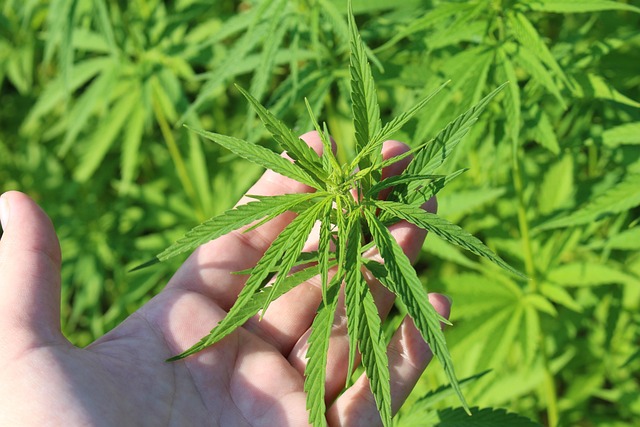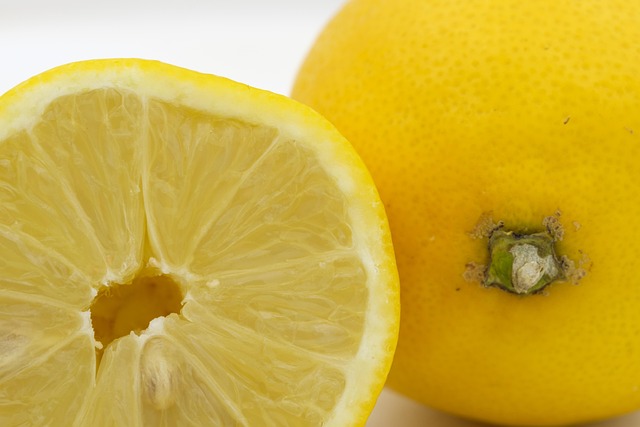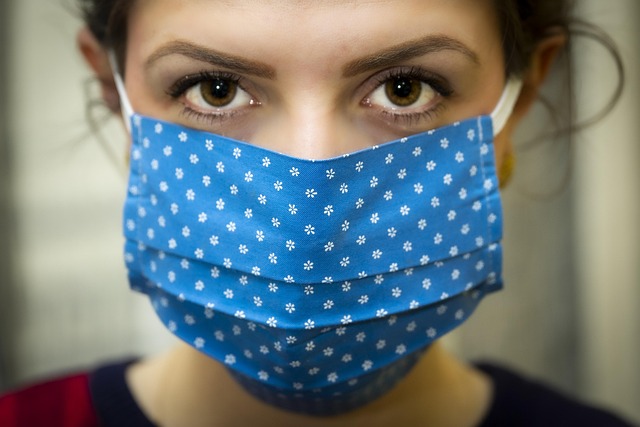
Avian Influenza: What You Need to Know
Avian influenza, commonly known as bird flu, is a viral infection that primarily affects birds but can also infect humans and other animals. This disease is caused by various strains of the avian influenza virus, with H5N1 being one of the most well-known. As we navigate through the complexities of this virus, it’s essential to understand its symptoms, causes, and preventive measures. 🌍
Signs and Symptoms
When it comes to avian influenza in humans, the symptoms can range from mild to severe. Some common signs include:
- Fever: A sudden rise in temperature is often one of the first indicators.
- Cough: A persistent cough may develop, similar to other respiratory infections.
- Sore Throat: This can accompany other flu-like symptoms.
- Muscle Aches: General body aches are common during infections.
- Shortness of Breath: In more severe cases, difficulty in breathing can occur.
It’s important to note that not everyone infected will show symptoms, and some may experience more severe complications, especially those with underlying health conditions.
How Does Avian Influenza Spread?
The avian influenza virus spreads primarily through contact with infected birds, their droppings, or contaminated surfaces. Humans can contract the virus through:
- Direct Contact: Handling infected birds or their secretions.
- Contaminated Environments: Coming into contact with surfaces that have been contaminated by infected birds.
- Airborne Particles: In rare cases, inhaling droplets from infected birds can lead to infection.
Given the nature of this virus, it’s crucial for those working in poultry farms or handling birds to take extra precautions.
Risk Factors
While anyone can contract avian influenza, certain groups are at a higher risk, including:
- Poultry Workers: Those who work closely with birds are more likely to be exposed.
- Veterinarians: Professionals who treat infected animals may also face increased risk.
- Travelers: Visiting areas with known outbreaks can heighten exposure chances.
Being aware of these risk factors can help individuals take proactive measures to protect themselves.
Prevention is Key
Preventing avian influenza requires a combination of personal hygiene and awareness. Here are some effective strategies:
- Wash Hands: Regular handwashing with soap and water is essential, especially after handling birds.
- Avoid Contact: Stay away from sick birds and avoid visiting live bird markets.
- Cook Thoroughly: Ensure that poultry and eggs are cooked to safe temperatures to kill the virus.
By adopting these practices, individuals can significantly reduce their risk of infection.
Treatment Options
If someone suspects they have contracted avian influenza, it’s crucial to seek medical attention promptly. Antiviral medications can be effective if administered early. However, prevention remains the best approach to combatting this virus.
Conclusion
Avian influenza may sound daunting, but with the right knowledge and preventive measures, it’s possible to minimize risks. Stay informed, practice good hygiene, and always consult healthcare professionals if you have concerns. Together, we can navigate through these challenges with grace and awareness. 💖




















 शारीरिक परीक्षा का महत्व
शारीरिक परीक्षा का महत्व 
 Health
Health  Fitness
Fitness  Lifestyle
Lifestyle  Tech
Tech  Travel
Travel  Food
Food  Education
Education  Parenting
Parenting  Career & Work
Career & Work  Hobbies
Hobbies  Wellness
Wellness  Beauty
Beauty  Cars
Cars  Art
Art  Science
Science  Culture
Culture  Books
Books  Music
Music  Movies
Movies  Gaming
Gaming  Sports
Sports  Nature
Nature  Home & Garden
Home & Garden  Business & Finance
Business & Finance  Relationships
Relationships  Pets
Pets  Shopping
Shopping  Mindset & Inspiration
Mindset & Inspiration  Environment
Environment  Gadgets
Gadgets  Politics
Politics 